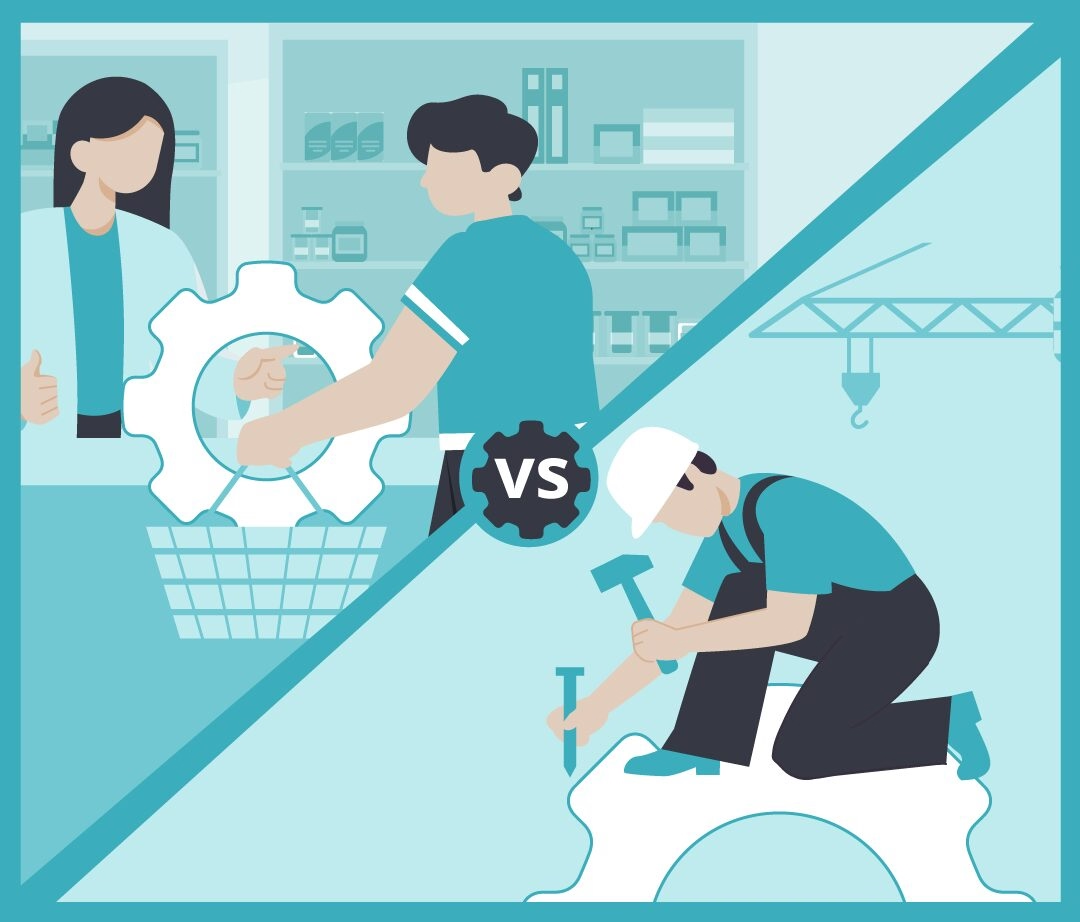Building vs. Buying Software: A Decision Framework for Growing Businesses
Let’s face it—technology decisions can be overwhelming. If you're scaling your business and need software to support that growth, you’ve probably asked yourself the age-old question:
“Should we build custom software or buy something off the shelf?”
The truth? There’s no one-size-fits-all answer. But that’s exactly why you're here—and we're going to break it down in a practical, human, no-BS way. Whether you’re a founder, product manager, or CTO, by the end of this article, you’ll have a crystal-clear decision-making framework (including a helpful decision tree) to guide your next move.
Why This Decision Matters So Much
The wrong choice can cost you months of lost time, user frustration, and a whole lot of budget. The right one? It can supercharge your operations, create happier customers, and help you grow faster with fewer headaches.
So, let’s weigh your options.
Option 1: Off-the-Shelf Software
When it works:
- You have standard needs (think: accounting, HR, CRM).
- Budget and speed are top priorities.
- You’re just getting started and need to prove a concept quickly.
Pros:
- Quick to deploy
- Lower upfront costs
- Tried-and-tested features
- Vendor support
Cons:
- Limited customization
- Monthly/annual fees can add up
- You're stuck with the vendor’s roadmap
- Risk of outgrowing it (fast)
Option 2: Custom Software Development
When it makes sense:
- Your processes are unique or complex.
- You want tech that gives you a strategic edge.
- Off-the-shelf tools force too many compromises.
- You’re building a product or platform as part of your core business model.
Pros:
- Built to fit your exact needs
- Scalable as you grow
- Competitive advantage
- You own the IP and data
Cons:
- Longer development time
- Higher initial investment
- Requires solid planning and a reliable dev partner
Here’s the Burning Question We Hear from Clients All the Time:
“Is it really worth building custom software, or are we overcomplicating it?”
If you’ve ever felt that, you’re not alone. That’s exactly why we built this simple decision tree to help you decide based on real-world factors.
Software Decision Tree: Build or Buy?
(We’ll turn this into a downloadable graphic on your site—great for SEO and lead capture)
Start here:
1. Is there an off-the-shelf solution that meets at least 80% of your needs?
→ Yes → Try it first, but watch for limits.
→ No → Go to #2
2. Are your processes or customer experiences unique enough to justify custom logic?
→ Yes → Consider building.
→ No → Buying may be safer.
3. Is software a core part of your value delivery or customer differentiation?
→ Yes → Build it.
→ No → Buy it, unless it blocks efficiency.
4. Do you have internal or external resources to maintain a custom product long-term?
→ Yes → Great, move forward.
→ No → Budget for a partner or stick with off-the-shelf for now.
Real Talk: Building Isn’t Always More Expensive
People often assume building custom software will break the bank. But here’s what they don’t see: the hidden costs of buying—like team inefficiencies, workarounds, and clunky integrations that never quite work.
We’ve helped companies save six figures annually by building software that fits like a glove—automating 80% of their workflows and eliminating the patchwork of tools they were duct-taping together.
When to Talk to a Development Partner
If you’re starting to bump into the limits of your current tools, or you’re exploring how tech can support your next big move, it’s worth a conversation. No hard sell—just insight.
We’ll help you map out what custom could look like (and what it shouldn’t).
Because sometimes, the smartest move is not building yet.
Wrapping Up
Whether you build or buy, the goal is the same: get the right tools in place to help your business grow. Use the decision tree, talk with your team, and if you're still not sure, let’s chat. We’ll help you figure out what makes the most sense—now and in the long run.
